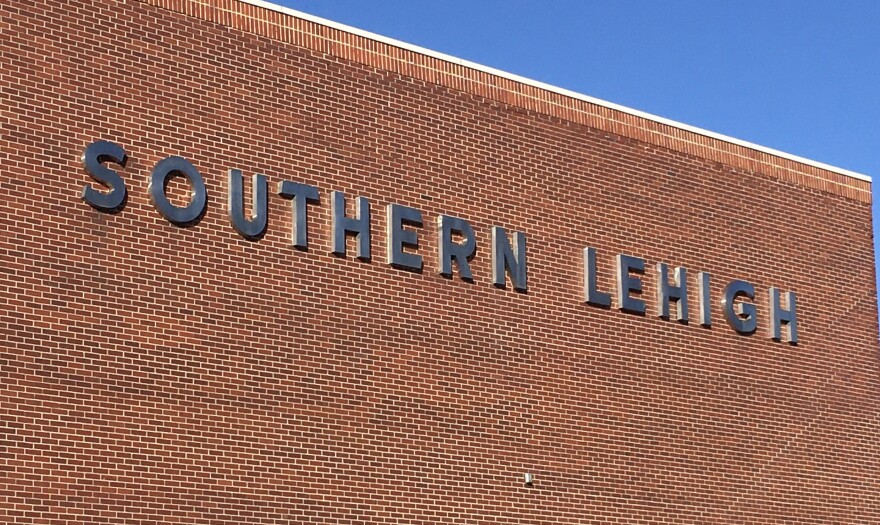UPPER SAUCON TWP., Pa. — Southern Lehigh School Board candidates talked about artificial intelligence, the district’s full-day kindergarten initiative and their fiscal approaches at a candidate forum Tuesday.
Six of the seven candidates who will appear on the Nov. 4 ballot attended the event, which was moderated by the League of Women Voters of Lehigh County.
The forum was held at the Univest Public Media Center, home to Lehigh Valley Public Media, which includes LehighValleyNews.com, television station PBS39 and 91.3 WLVR-FM radio.
PBS39 livestreamed the event. The forum also will be broadcast on PBS39 at 6 p.m. Thursday, Oct. 23, and 4 p.m. Tuesday, Oct. 28.
Southern Lehigh candidates
Southern Lehigh School Board has four seats up for grabs this election cycle, and school directors serve four-year terms.
Candidates competing to join the school board are: Paul Deebel, Kimberly Jaramillo, Stephen Maund, Luis Melecio, Josh Rager, Chris Sykora and Christopher Wayock.
Melecio, Rager and Sykora will appear on the Democratic ticket. Deebel, Maund and Wayock will appear on the Republican ticket.
Jaramillo, a registered Democrat, is a candidate for both parties in November because she cross-filed in the May primary and was successful in each race.
Jaramillo, Melecio, Rager and Sykora are campaigning as a slate of candidates.
Maund and Wayock currently sit on the school board. Each is running to serve a second term. Maund is the current board president.
Deebel did not attend Tuesday’s forum.
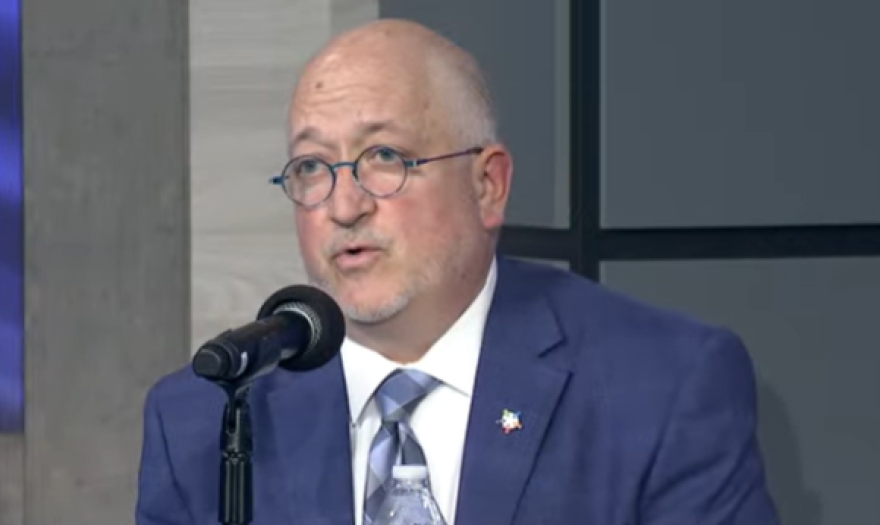
Artificial Intelligence
Artificial intelligence continues to be a hot topic in education and at recent school board forums.
Board President Maund said school directors will review the first reading of an AI policy at their Monday meeting.
The work on that policy has been “heavily underway,” Maund said, noting the district is developing principles, processes and curriculums for the use of AI.
“Students need to think on their own and have the creativity and understanding of subject matter and utilize [AI] as a tool,” said Maund, 60, a former district parent and the CEO and president of an automation and robotics company.
Wayock said the school board recently combined its technology and education committees to ensure collaboration.
“AI is here whether we like it or not,” said Wayock, 46, a district parent and a maternal fetal medicine physician.
“It is something that I do think we have to embrace in education.”
He said the district should prioritize teaching students how to learn through AI without using it as a crutch. Additionally, he said AI should be incorporated into classrooms differently based on the age and grade level of students.
Wayock also said AI will not replace teachers.
Sykora, Jaramillo and Rager called attention to the fact that the board’s policy committee has been suspended indefinitely for the past several months.
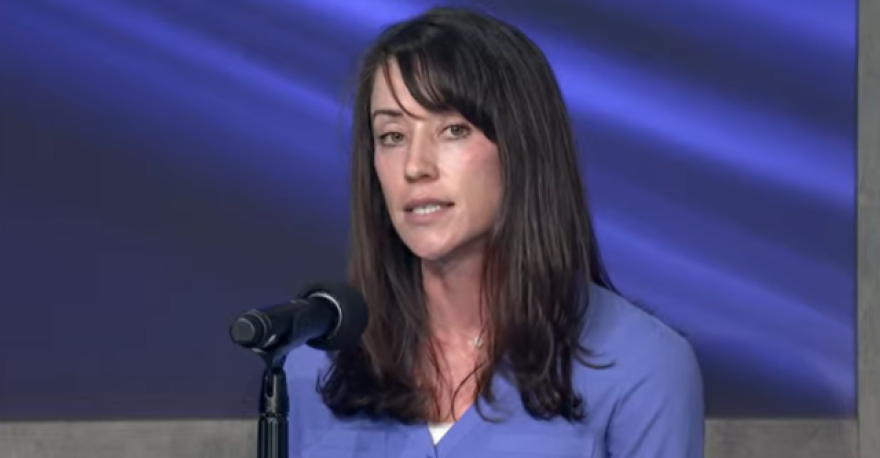
“That’s been wasted time when we could have been helping teachers and students adapt [to AI] responsibly,” said Sykora, 40, a district parent and an aerospace mechanical engineer.
Sykora said teachers should be trained in AI, guidelines should be developed and students should be taught how to use AI effectively.
Jaramillo, 40, a district parent and a physician, said AI can provide accessibility for special education students and English language learners, as well as help teachers analyze students’ progress to tailor academic support.
“Used well, it can help teachers with the busy work that takes time away from students — like grading, lesson planning and data entry — so that they can focus more on teaching and connection,” she said.
Jaramillo also said the district needs to teach students how to use AI ethically and to enact safeguards to protect student data.
Rager, 47, a district parent and a business development executive and project manager for a steel pipe mill, said students will encounter AI after graduation, and thus, the district must expose them to it early on.
That way they’re comfortable with the technology and can identify hallucinations, which are false, misleading or nonsensical results, he said.
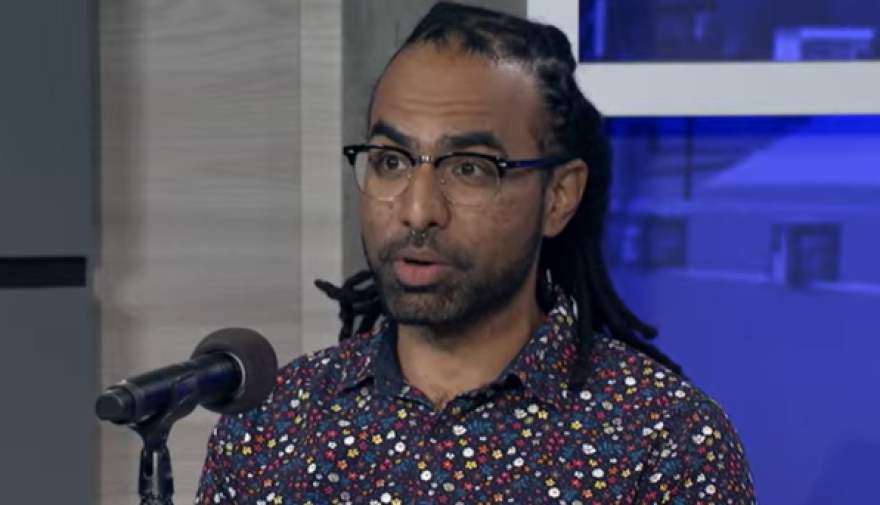
Melecio, 38, a district parent and an industrial maintenance electrician, said AI is a powerful tool in many industries and the district should cautiously use it in a way that’s “supplemental and secondary to our educators, instruction and curriculum.”
Full-day kindergarten
Another topic at Tuesday’s forum was Southern Lehigh School District’s plans to transition its kindergarten to a full-day program next school year. Currently, it is a half-day offering.
At the same time, third-graders will be moved from the district’s two elementary schools — Hopewell and Liberty Bell — to its intermediate school, which currently serves grades 4, 5 and 6.
School board candidates were asked about potential challenges ahead as the district pursues those changes for its elementary and intermediate schools.
Maund said one challenge is making sure the school day includes the proper mix of work and play for kindergartners.
“Students are young, they get tired much more quickly,” Maund said.
He said proper staffing also will be important — a challenge echoed by Wayock.
Wayock also said the district has spent the past 18 months preparing for the change to full-day kindergarten.
On moving third-graders, Wayock said he is aware of parent concerns about the transition, but that the intermediate school will operate more like an elementary school than a middle school moving forward.
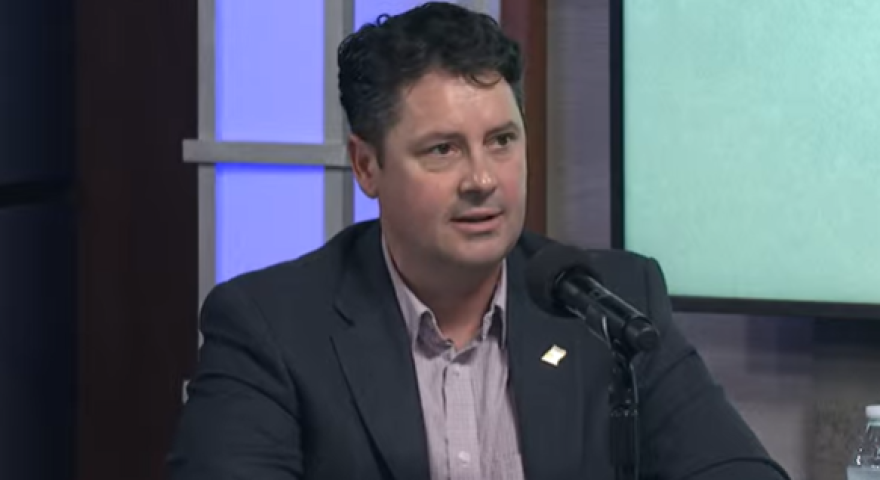
Still, Sykora said many families are uneasy about moving third-graders to the intermediate school, fearing it may force them to grow up too quickly.
“People want to know how this will work, what it’ll cost and whether [the] transition plans are truly what’s best for our kids,” he said.
Jaramillo said full-day kindergarten and the realignment of the intermediate school should both be “student-centered” transitions built on “planning, transparency and teamwork.”
She said those changes should spur a long-term staffing plan for the district. Communication with families will be essential throughout upcoming changes, she said.
“Developments are coming up left, right and center, so we have to be ready for that."Luis Melecio, Democratic candidate for Southern Lehigh School Board
Additionally, class sizes, special education and transportation are areas that call for attention as the changes to kindergarten and third grade take place, she said.
Jaramillo serves on the culture and climate committee for third grade.
Melecio said parents want the intermediate school’s playground to be updated to suit younger students for when the third-graders use it.
On the changes at the younger grade levels, Melecio said the district needs to prepare for growing enrollment. He said there’s the potential for atypically large student cohorts.
Even if that’s the case, Melecio said it’s essential class sizes still remain appropriate and manageable.
“Developments are coming up left, right and center, so we have to be ready for that,” he said.
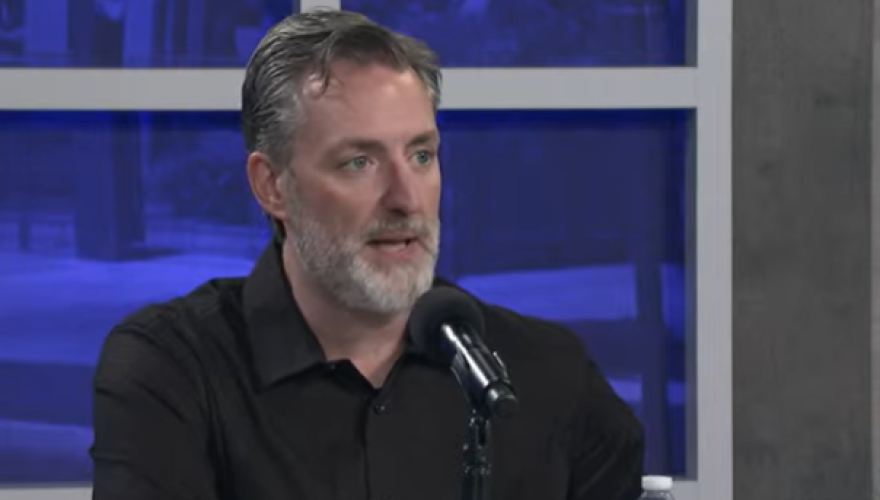
Additionally, Melecio and Rager said the elementary and intermediate schools will have to ensure their libraries are updated with the appropriate materials for the new range of ages they serve.
Rager also said playground equipment, bus routes and class sizes are areas that need attention as the district adopts full-day kindergarten and moves the third-graders to the intermediate school.
Taxes
The candidates also discussed their philosophies on fiscal matters and how they would decide whether to raise taxes if elected.
In June, the school board approved a $78.9 million budget with a 2.63% tax hike, increasing the millage rate to 17.7130.
That is the lowest millage rate in the Lehigh Valley as of fiscal year 2026, which began July 1.
Incumbents Maund and Wayock in their responses leaned into the fiscal strength of the distric, saying residents benefited from flat taxes for half of their time in office.
“Frankly, we’re in a great position financially,” Maund said.
“Frankly, we’re in a great position financially."Stephen Maund, Republican candidate for Southern Lehigh School Board and current board president
Maund said that in the seven years before he joined the board in 2021, there was deficit spending in all but one of those years.
Now, the district operates with a balanced budget, he said, while still making significant improvements to SLSD.
Those include $24 million in spending to improve the district’s infrastructure, such as the creation of a new stadium in 2023.
Wayock said the district’s success is not necessarily dependent on having more money, but rather efficiency.
“Unless absolutely necessary, we should not be raising taxes significantly at all,” he said. “We owe that.”
Wayock said there are more than 23,000 taxpayers who live within the school district and only 3,000 students, meaning the majority of residents aren’t district parents.
Melecio and Rager both highlighted the district’s low millage rate and said they want to continue that trend.
“As a taxpayer in the district, I can’t afford arbitrary tax increases, so that is just not something I’m looking toward,” Melecio said.
Rager said the district should seek efficiencies before pursuing any tax hikes, which he said should be minimal.
“You have to seek the balance — educational needs versus financial realities,” he said.
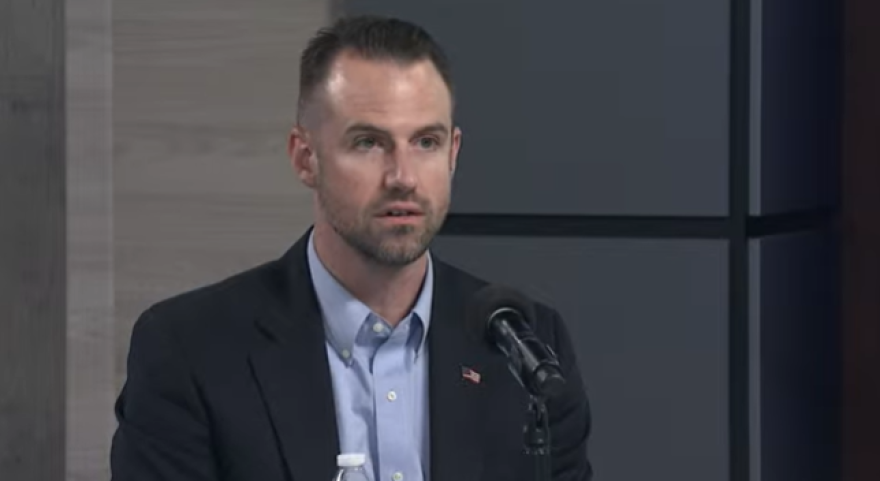
Both Melecio and Rager, along with Jaramillo, chastised the current school board for its recent payouts for administrators to leave their jobs.
In recent months, the district approved agreements with both its former superintendent and human resources director that included six-figure payouts in return for their resignations.
Those departures came after the HR director made complaints against the ex-superintendent, alleging discrimination, retaliation and fraud.
Jaramillo said the current board majority has “wasted nearly a million dollars on mistakes and legal payouts.”
“That’s money that could have gone directly to classrooms, technology upgrades or retaining great teachers,” she said.
When budgeting, Jaramillo said the district should align dollars to outcomes, track progress on goals and be transparent about spending.
Additionally, Melecio and Sykora praised the district’s use of zero-based budgeting, which requires every expense to be justified with each budget cycle.
“The real question is how we manage what we already have before even thinking about raising rates,” Sykora said.

